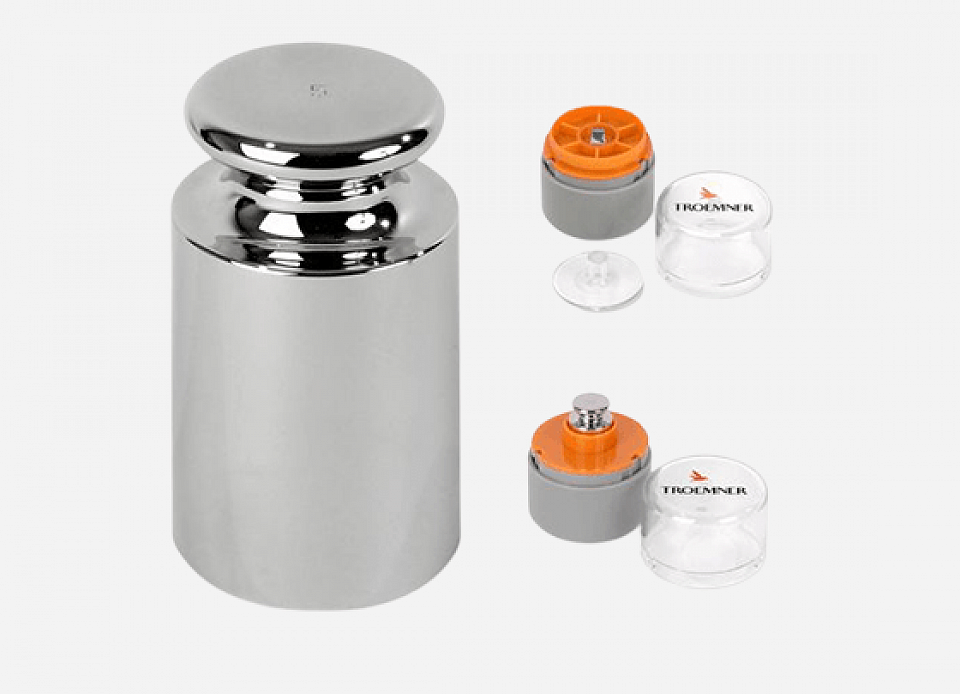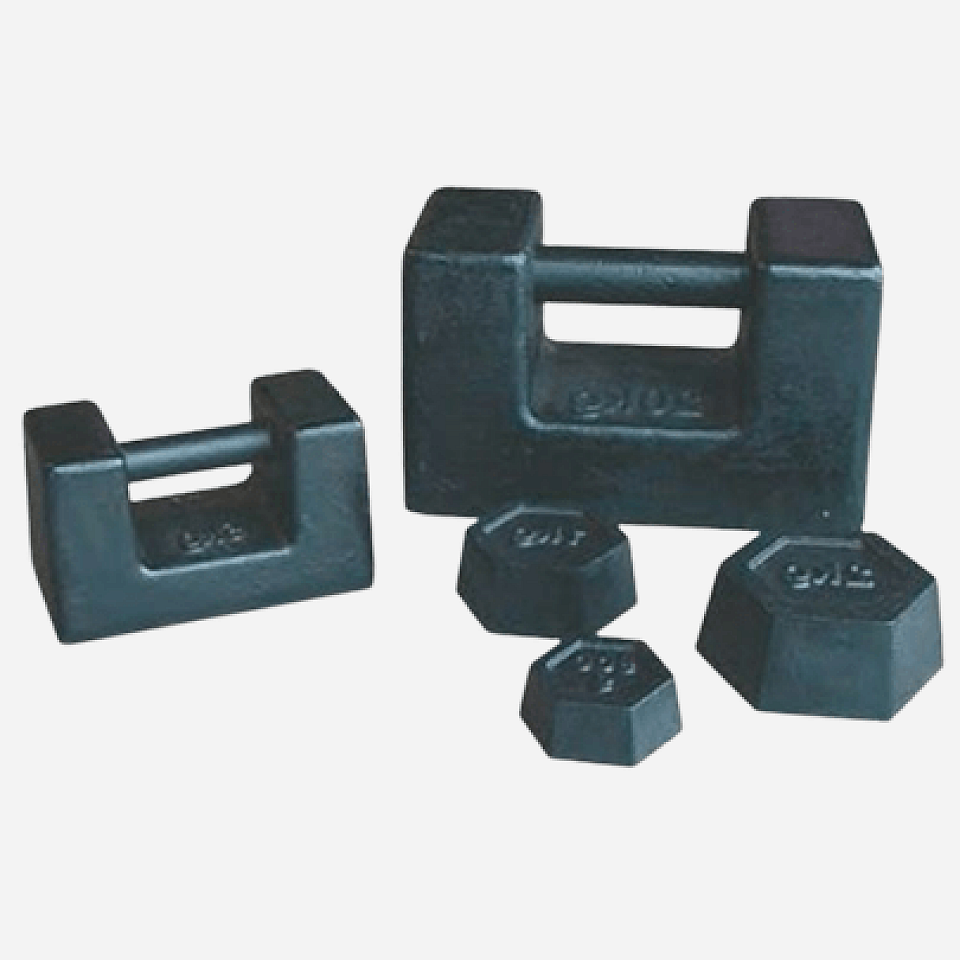Why Is Weight Calibration Essential for Accurate Measurements?
In any industry where precision is key, weight calibration plays a vital role. From laboratories and manufacturing plants to healthcare and logistics, calibrated weights ensure accuracy, compliance, and reliability in measurement systems. Whether you are using digital scales or industrial balances, consistent calibration helps maintain standards and supports quality control.
What Is Weight Calibration?
Weight calibration is the process of verifying and adjusting measuring instruments against a known standard to ensure accuracy. Over time, scales and balances can drift due to wear, environmental factors, or regular use. Calibration helps restore measurement confidence by comparing equipment performance to a reference standard approved by regulatory bodies.
This process is essential because even a minor deviation can impact production quality, financial transactions, and safety. For example, in pharmaceuticals, incorrect weight measurements could affect dosages, while in logistics, it could lead to costly shipping discrepancies.
Why Is Weight Calibration Important?
- Accuracy in Measurements
Accurate weighing ensures consistency in results, reducing errors and minimizing risks in sensitive industries such as healthcare and food production. - Regulatory Compliance
Many sectors operate under strict regulations. Weight calibration ensures businesses meet industry standards, certifications, and legal requirements. - Cost Efficiency
Inaccurate scales can lead to product giveaways, revenue loss, or disputes with clients. Regular calibration protects against financial loss. - Customer Trust
Accurate weighing systems reassure customers about product quality and fairness, particularly in sectors like retail, where goods are sold by weight. - Equipment Longevity
Calibration also helps detect equipment wear and tear early, preventing costly breakdowns and extending the life of the instrument.
How Is Weight Calibration Done?
The process involves comparing the reading of a weighing device against a certified reference weight. Trained technicians follow standardized procedures, often under controlled environmental conditions, to ensure reliable results. Adjustments are made if the scale shows deviations beyond acceptable tolerances.
Modern calibration methods may involve traceability, ensuring that reference weights are linked to international standards, such as those set by the International System of Units (SI). This provides consistency across borders and industries.
Industries That Depend on Weight Calibration
- Pharmaceuticals – Precision in drug formulation and packaging.
- Food and Beverage – Ensures product consistency and compliance with labeling laws.
- Healthcare – Vital for patient dosing and laboratory testing.
- Manufacturing – Essential for quality assurance in production lines.
- Logistics & Retail – Accurate weights prevent disputes and ensure customer fairness.
Best Practices for Weight Calibration
-
Schedule Regular Calibration
Frequency depends on the industry, equipment usage, and regulatory requirements. High-precision environments may require monthly or even daily checks.
-
Use Certified Calibration Weights
Only reference weights approved by recognized standards bodies should be used to maintain accuracy and traceability.
-
Maintain a Calibration Log
Keeping a record of calibration activities helps in audits and ensures accountability.
-
Consider Environmental Factors
Temperature, humidity, and vibration can affect weighing accuracy. Calibration should be performed in stable conditions.
-
Seek Professional Services
While minor checks can be done in-house, professional calibration ensures compliance with industry standards.
The Future of Weight Calibration
With technology advancing rapidly, calibration is becoming more automated and precise. Smart weighing systems with self-calibration features are emerging, reducing human error and improving efficiency. Despite automation, professional verification remains crucial for meeting regulatory standards and maintaining global trade consistency.
FAQs on Weight Calibration
1. What is the purpose of weight calibration?
The main purpose is to ensure weighing instruments provide accurate and reliable measurements, supporting quality, compliance, and safety across industries.
2. How often should weight calibration be performed?
The frequency depends on industry standards, usage levels, and accuracy requirements. Some businesses calibrate annually, while others do so monthly or daily.
3. Who is responsible for performing weight calibration?
Calibration is usually carried out by trained technicians or accredited laboratories that follow standardized procedures for accuracy and traceability.
4. Can environmental factors affect weight calibration?
Yes, conditions such as temperature, air pressure, and humidity can impact calibration results. That’s why calibrations are often performed in controlled environments.
5. What happens if weight calibration is ignored?
Ignoring calibration can lead to inaccurate results, financial losses, regulatory penalties, and damage to customer trust.
Weight calibration is more than a technical procedure; it is a foundation for trust, safety, and compliance across industries. By maintaining precise measurements, businesses can safeguard their reputation, meet regulations, and ensure consistency in every process.
For detailed information and professional services, you can visit Blake and Boughton.


